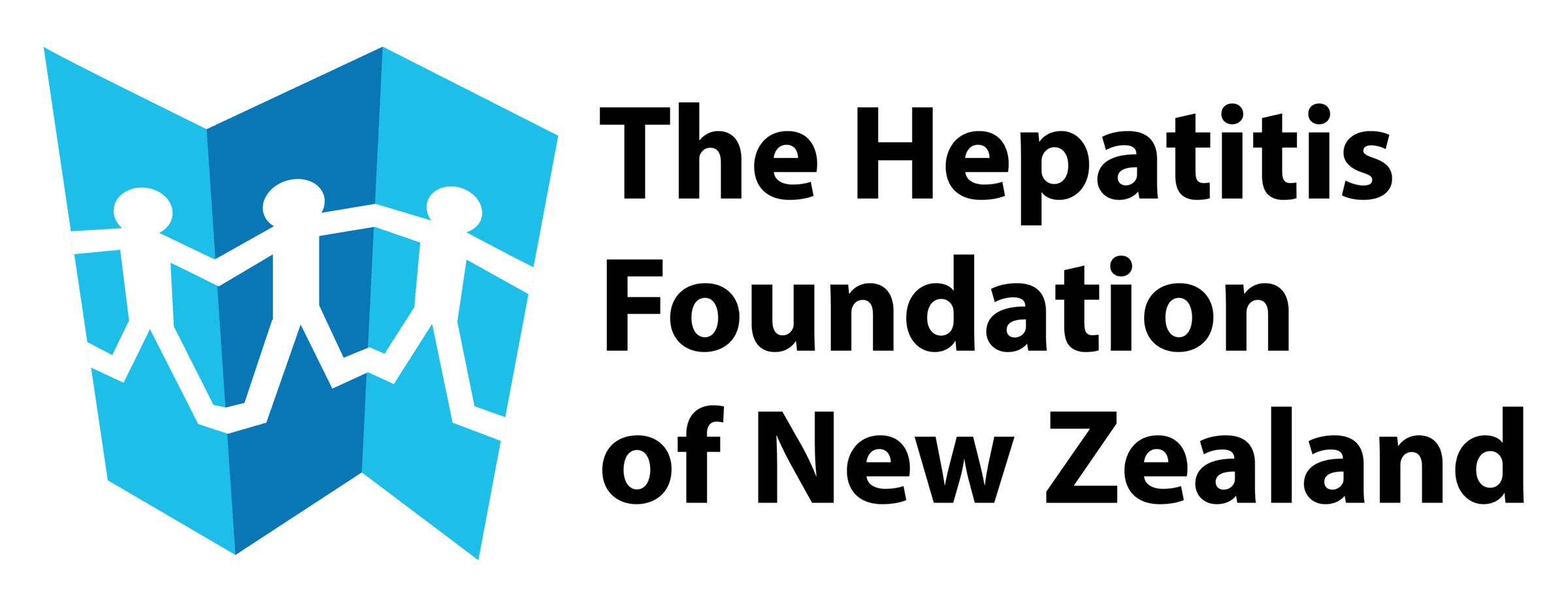Most people with hepatitis B aren't at increased risk of serious disease should they contract COVID-19.
However people who have been diagnosed with advanced liver disease (including cirrhosis) or who have other conditions such as hypertension, cardiovascular disease and diabetes are at increased risk of serious illness if they get COVID-19. These people should be extra-vigilant in protecting themselves against the virus.
People living with hepatitis B who are on treatment should not change or stop their treatment unless advised to do so by their doctor. If your liver function test results are normal, you're on treatment and you are responding well, the hepatitis B medications don’t increase your risk of catching COVID-19 or of more serious illness should you catch it.
Monitoring your health will continue to be important and access to doctors may vary. Some clinics are establishing telephone consultations but making appointments in advance will be important. Check with your healthcare provider what their arrangements are. If you have an appointment with your doctor, consider asking for a liver health blood test if you have not had one in the past six months.
People living with hepatitis B should use the same protective measures recommended for the general population. Consult a healthcare provider if in doubt, especially if you've been around someone who has recently been overseas.
If you plan to have COVID and flu vaccinations, please be aware Ministry of Health recommendations are that you should have COVID vaccination first and then wait two weeks before having the flu one. This allows for recovery time in the unlikely event you have any adverse reactions.
Information on employee and employer rights relating to the COVID-19 vaccine can be viewed here.

